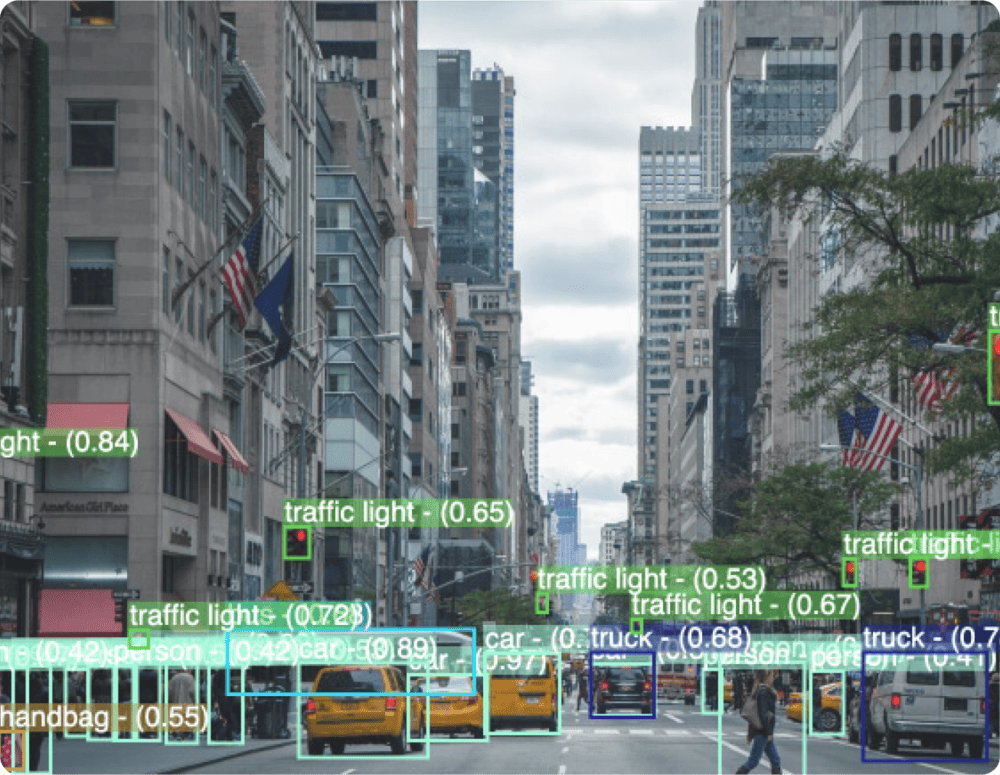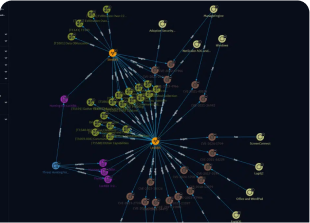Cybersecurity & Security
Fight advanced threats by sharing intelligence — without sharing data
Enhancing security through privacy-preserving data collaborations
Sherpa.ai empowers organizations to harness the full potential of secure, collaborative AI for cybersecurity—across departments, partners, and edge devices—without ever sharing sensitive threat intelligence or user data.
From ransomware detection and intrusion prevention to threat intelligence sharing, Sherpa.ai’s Federated Learning platform reduces communication overhead, ensures data sovereignty, and delivers real-time threat insights across decentralized and highly sensitive environments.

The use of privacy-enhancing technologies such as Secure Multiparty Computation and Differential Privacy will play a key role in the collaborative development of new models through federated learning. Sherpa.ai platform enables this colaboration ensuring security & privacy.
Former Deputy Director, Office in Science and Technology Policy, The White House
Federated Learning Cases in Cybersecurity & Security

Collective Threat Detection
Unify signals from multiple organizations to detect complex attack patterns without exposing internal systems.

Stronger Defense Models Across Companies
Train federated models on cross-company data to prevent more sophisticated attacks.

Proactive Ransomware Attack Prevention
Identify suspicious behavior early without needing to share internal logs.

Protection of Critical Infrastructures
Collaborate with other entities to secure essential environments while maintaining full control over your data.
Federated Malware Detection Across Organizations with Sherpa.ai
This projects showcases how Sherpa.ai’s Federated Learning platform can enhance ransomware attack detection across distributed endpoints —without sharing any raw system logs or behavioral telemetry.
In cybersecurity environments, especially those handling sensitive infrastructure and endpoint data, centralizing threat information is often infeasible due to privacy regulations (e.g., GDPR), and the risk of data breaches. Sherpa.ai addresses these challenges by enabling organizations—such as financial institutions, manufacturers, or public agencies—to collaboratively train models while keeping data local and protected.
Results show that Sherpa.ai’s federated model significantly outperforms local-only models and closely approaches the performance of centralized training.
These results confirm that organizations can benefit from richer, more diverse threat signals without compromising data ownership or security.
